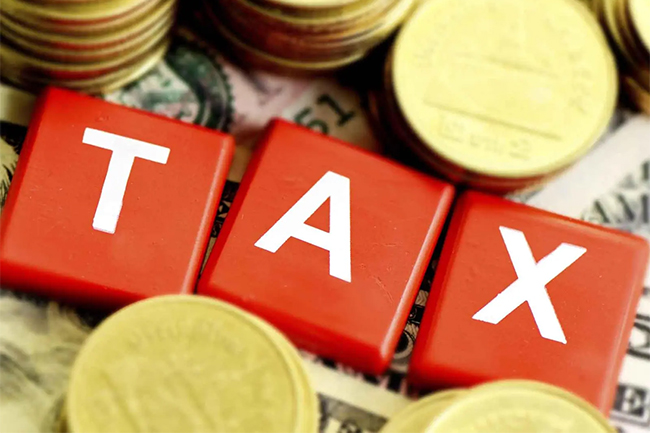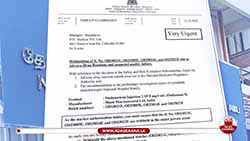Surcharge Tax to be levied on EPF and ETF?
February 8, 2022 11:54 pm
The new Bill on Surcharge Tax that charges 25% from companies and individuals having an income in excess of Rs.2 billion, was gazetted yesterday.
It was proposed by Finance Minister Basil Rajapaksa via Budget 2022.
As per the Bill, any individual, partnership or company with taxable in excess of Rs. 2 billion for the year of assessment starting from April 01, 2020, will be charged a 25% surcharge tax on their taxable income.
However, in the case of a partnership, the income of a partner derived from a partnership shall not be taken into account when calculating the taxable income of such partner as an individual, if the tax has been paid by the partnership on such taxable income.
Further, each company of a group of companies of which the aggregate of the taxable income of all subsidiaries and the holding company in that group of companies having an income over Rs. 2 billion, a 25% surcharge tax will be charged on the taxable income.
Pertaining to the bill, a tax expert said the bill has disturbed the private sector due to several reasons, as it is outlined that it can be a disincentive for performance.
According to Mr. Duminda Hulangamuwa, the Senior Partner & Head of Tax of Ernst & Young, in there is no relief for marginal refill taxation in this imposition. “If a person earns Rs. 1,999 million, he does not pay anything. But a person who earns Rs. 2,001 million pays the 25 per cent. So, there is no relief given for that margin rupee exceeding 2,000 million.”
“The other thing is that companies in a group, which otherwise would not have to pay the tax if their income was less than Rs. 2,000 million now have to pay the [surcharge tax] even if their income is Rs. 100,” he added.
However, the bigger concern is that the bill also covers the Employees Provident Fund (EPF) and the Employees’ Trust Fund (ETF), especially with two funds containing public money.
“One significant feature in this bill is the fact that they have brought the provident funds – the EPF, ETF and other private provident funds – that earn over Rs. 2,000 million in 2021,” Mr. Hulangamuwa said noting that these saving funds are not usually taxed in such proportions.
The Bill says it levies the tax on any individual, partnership or company and it goes on to state that the “company” has the same meaning assigned under the Inland Revenue Act, No. 24 of 2017. Mr. Hulangamuwa explained that in the Inland Revenue Act, the definition of a company includes provident funds.
Meanwhile, Cabinet Co-Spokesperson Minister Ramesh Pathirana, speaking on the matter, said this is a one-off tax and it is yet to be determined whether the tax will be charged from a government institution.












